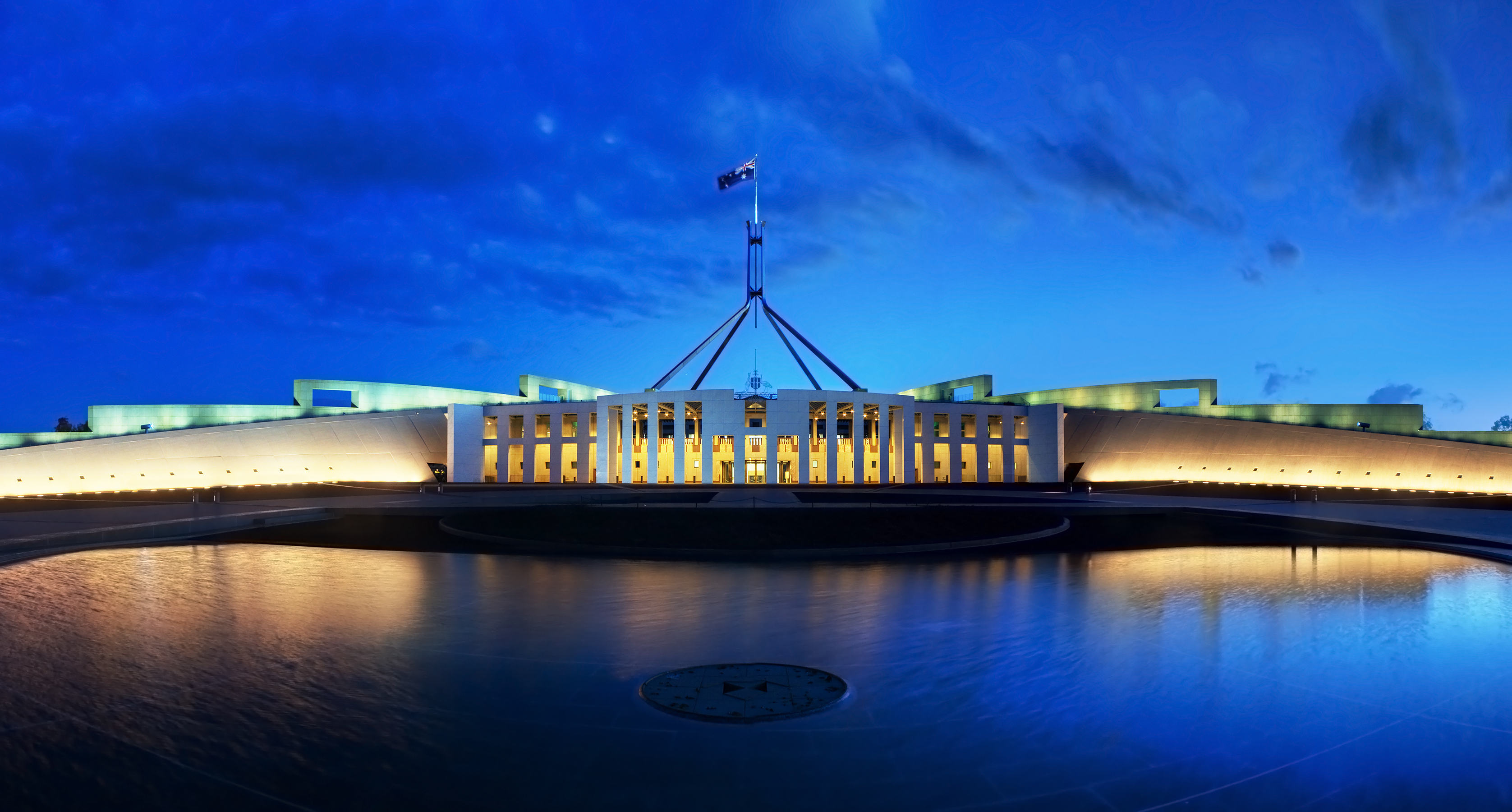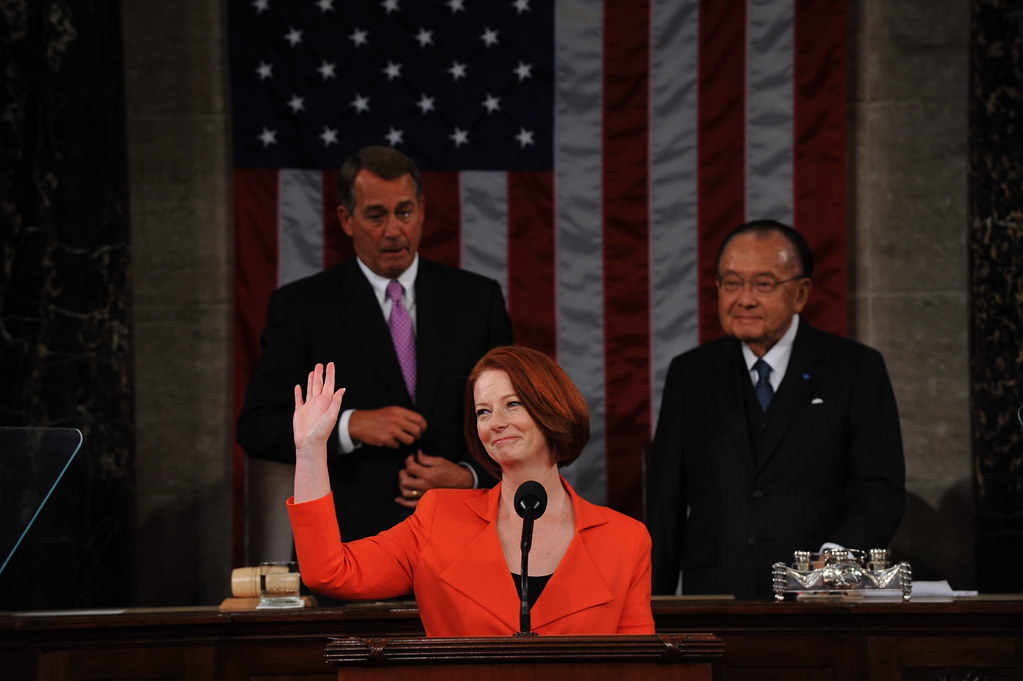On Wednesday 11 December 2013, 10 Labor MPs were ordered to withdraw from the House of Representatives for one hour ('sin binned') by the Speaker, the Hon Bronwyn Bishop. Seven of these were during Question Time, two during a motion to suspend standing orders which occurred at the end of this period and one during a ministerial statement later in the evening. Each 'sin binning' occurred during questions and debate about the automotive industry.
As many as this may seem, it is not the most number of ejections in a single day nor during Question Time. The greatest number of members ‘sin binned’ on a single day (11) occurred on 2 November 2005. Speaker David Hawker ordered out eight Labor members during Question Time and Deputy Speaker Ian Causley ordered out three Labor members during a Matter of Public Importance (MPI) debate. The greatest number of ‘sin binnings’ from Question Time occurred on 21 March 2012 when nine members were ‘sin binned’.
A recent study by the Parliamentary Library, 'That's it, you're out': disorderly conduct in the House of Representatives from 1901 to 2013, found that of the 1,093 members who served during this period, 300 (27.4%) were disciplined for disorderly behaviour, such as interjecting, refusing to withdraw a remark, disregarding the authority of the Chair, by being named, named and suspended or sin binned.
As many as this may seem, it is not the most number of ejections in a single day nor during Question Time. The greatest number of members ‘sin binned’ on a single day (11) occurred on 2 November 2005. Speaker David Hawker ordered out eight Labor members during Question Time and Deputy Speaker Ian Causley ordered out three Labor members during a Matter of Public Importance (MPI) debate. The greatest number of ‘sin binnings’ from Question Time occurred on 21 March 2012 when nine members were ‘sin binned’.
A recent study by the Parliamentary Library, 'That's it, you're out': disorderly conduct in the House of Representatives from 1901 to 2013, found that of the 1,093 members who served during this period, 300 (27.4%) were disciplined for disorderly behaviour, such as interjecting, refusing to withdraw a remark, disregarding the authority of the Chair, by being named, named and suspended or sin binned.





.jpg/800px-Flickr_-_europeanpeoplesparty_-_EPP_Summit_October_2010_(5).jpg)


